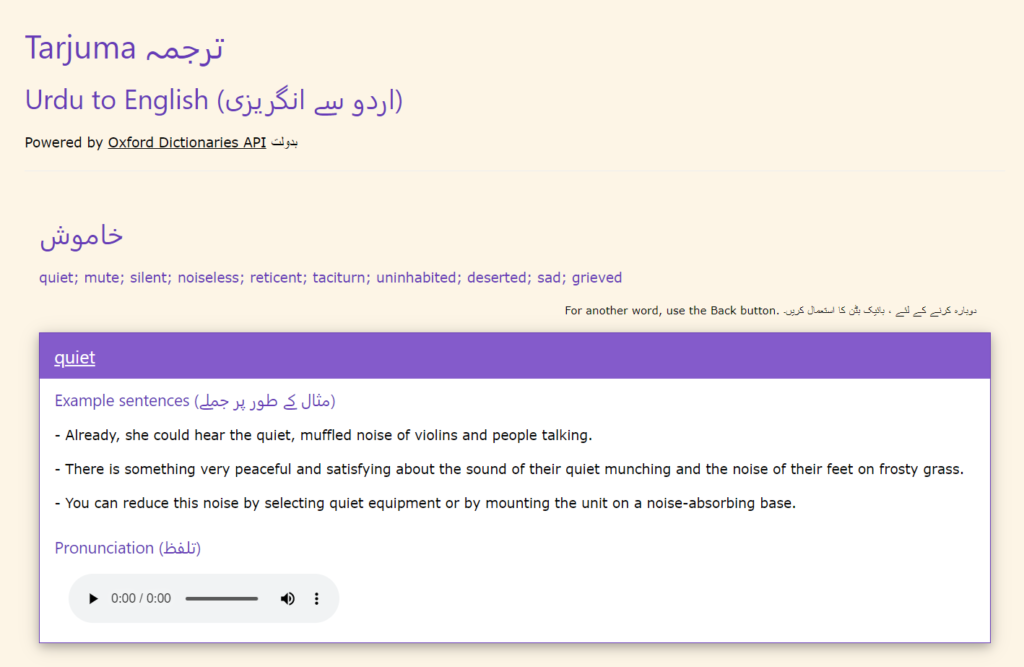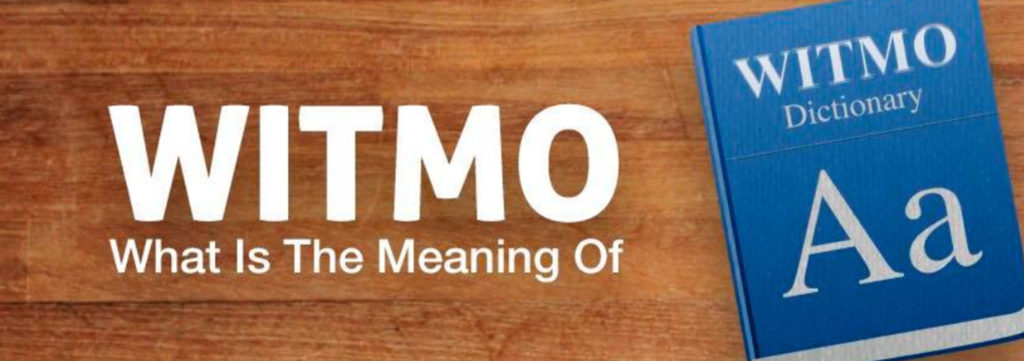The latest news about Oxford Global Languages
Creating lexical content for
digitally under-represented languages
The way you access our dictionary content is changing.
As part of the evolution of the Oxford Global Languages (OGL) programme, we have made the decision to close our dictionary websites. This content will still be available, but the formats in which it can be accessed will now change.
Rather than offering a dictionary website for every digitally under-resourced language, we will facilitate third parties to build products and services that best serve the needs of each individual language community. Our efforts will be focused on creating and providing the data that these third parties need.
We are currently reviewing the third parties that are already using the dictionary data for each language, and hope to be able to provide more detail on the resources available to you soon. Some of these resources are listed below.

Tarjuma
Tarjuma, created by developer Anindita Basu, utilizes our Urdu-English dataset to offer translations, example sentences, and audio pronunciation.
View the app ⟶

WITMO
Created by developer Sagar Sodah, WITMO (What is the Meaning of) is a Facebook chatbot, which uses the Oxford Dictionaries API to give you definitions, synonyms, antonyms, and examples of how a word is used within a sentence. It also offers translations in a wide number of languages from Setswana to Malay.
You can learn about how Sagar created this chatbot here, or try it out here.
The commitment to OGL remains, with a focus on developing high quality lexical content in a range of under-resourced languages to enable communities to live digital lives in their local language.
If you are a developer with an interest in creating a language product using Oxford Languages content, learn more about the Oxford Dictionaries API, and take a look at our licensing options.
If there is anything in particular you would like to discuss about these recent changes, or you have any questions, please do contact us on [email protected], or register your interest in hearing more about the languages that make up the OGL programme using the form below.
